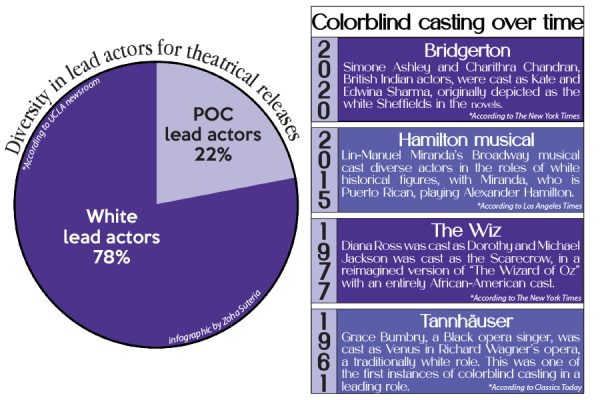Living with two cultural names leads to balance in life
March 16, 2020
If I’ve ever introduced myself to you, I probably introduced myself to you as “Esther.” Because, of course, that’s my name. What I probably won’t tell you upon our first meeting, however, is that “Esther” is just one part of my name, just like “Esther” is just one part of who I am.
My other name— my Korean name— is Seung Hyun (we can meet up later and I’ll teach you how to pronounce it, no worries). The thing is, people are always surprised to find out that I have two names, and they ask me, almost offended, why I’ve never mentioned or taught them my sacred, foreign, “exotic” Korean name.
You might think that it’s because I don’t want to hear you butcher it, as substitute teachers are always so keen on pointing out every single time they take attendance. But that’s about 7th on my list titled “Why I don’t want you to call me Seung Hyun.” Trust me, I won’t be offended if you mispronounce it, and I won’t be offended if you have a hard time pronouncing it. That’s beside the point.
As many first-generation immigrant children do, I lead a dual life. That isn’t to say I wear a mask of duplicity, hiding my true self at school and revealing secretive Asian ways at home.
But the truth is, I live in two different worlds. Every day for the last about 12 years, I went to school, spoke English fluently with my American friends and came back home to speak exclusively Korean with my parents, surrounded by only Korean-speaking adults (who never hesitated to compliment me on my Korean skills, might I add) at church on Sundays. And I am completely content with that. So content, in fact, that I am not willing to blend those two worlds together.
My parents don’t call me Esther. My sister doesn’t call me Esther. They call me Seung Hyun. For them, that is who I am. For my teachers and friends at South, I’m Esther. I am both Esther and Seung Hyun, and they are one and the same. They exist in two different realms, but they are two words to define the same person: Seung Hyun Esther Lim.
Recently in my AP Lang class, we read an op-ed piece from Teen Vogue written by Gambian-American actress N’ Jameh Camara on the need to change the American perception around “difficult” names. Camara, using her personal experiences, asserted her message with an elegant, eloquent, expert use of language that conveyed so much frustration and fierceness surrounding the mistreatment of her name, which is filled to the brim with heritage and gifted with deep love from her parents.
In regards to changing one’s names to a traditionally white, anglo name, Camara makes readers consider the weight of doing so and mentions some significant writers and actors of color to make her case: “Imagine how much poorer we would be if actors Chiwetel Ejiofor became Chad or Ming-Na Wen was Minnie? To reduce the brilliant Chimamanda Ngozi Adichie to ‘Mandy’ would be akin to forsaking a Nigerian national treasure,” she writes.
Yet, I found myself having a hard time relating to her. Shouldn’t I, of all people, feel the same kind of frustration that Camara did towards the fact that immigrants in America delete their names, and subsequently, a part of their identities for the sake of “convenience?”
But, I don’t believe I’m deleting anyone, and my mom didn’t delete Seung Hyun when she decided on my English name, either. I’m still Esther and I’m still Seung Hyun, whether I want to be called Esther or Seung Hyun at school. I have never, and will never abandon one for the other.
It is both a blessing and a curse for the American immigrant child to lead a dual life. And yes, it has been rough. The fact that I am content with my two names is by no means a glorification of the identity crisis that so many immigrants struggle with. So many immigrants face this struggle of finding the balance in their identity and oftentimes, it takes years, even until adulthood, to figure out that much-needed balance.
However, today, right now, in the year 2020, I am content with my balance. I am content with being Esther to the outside world and Seung Hyun to the welcoming arms of the homey aroma of Kimchi-Jjigae, the thick, syrupy, sweet taste of red bean porridge, and the familiar, jagged yet neighborly sound and feel of my native tongue.














